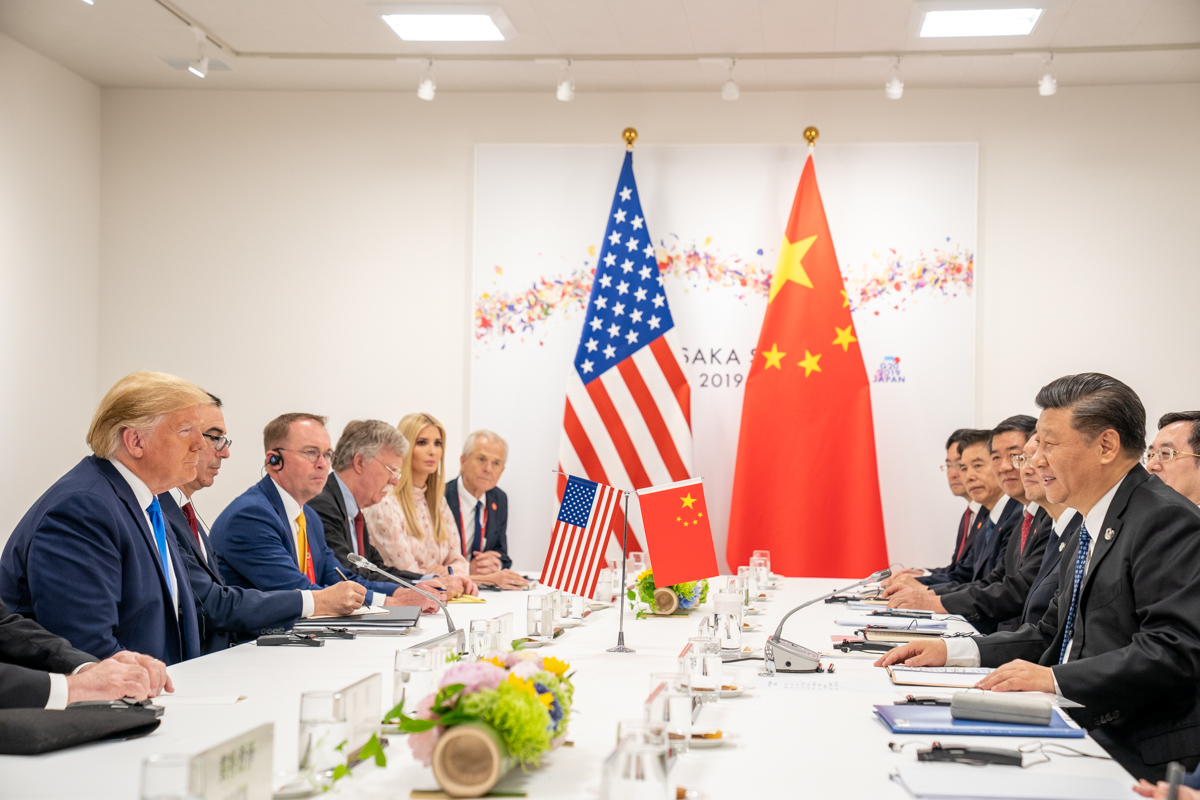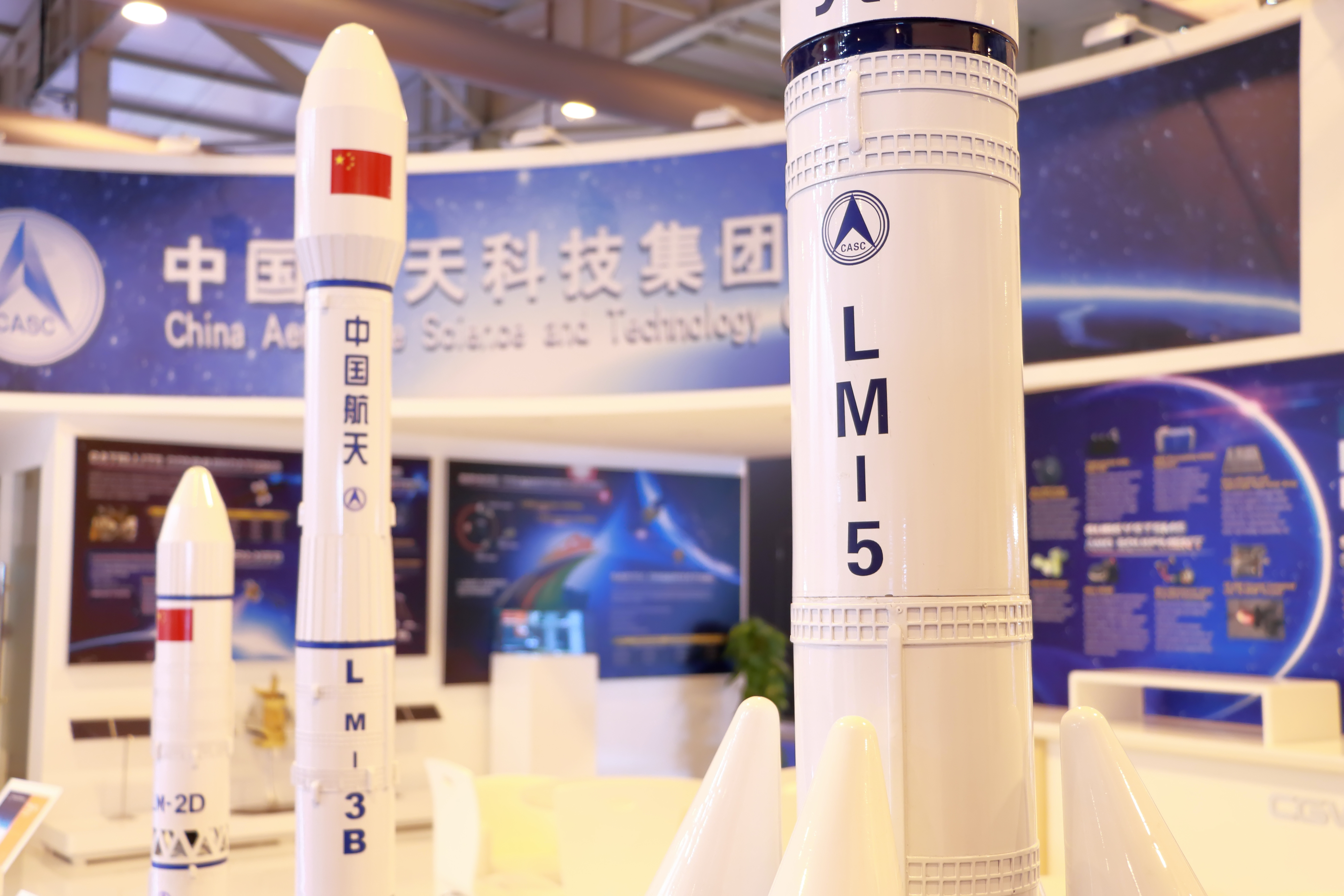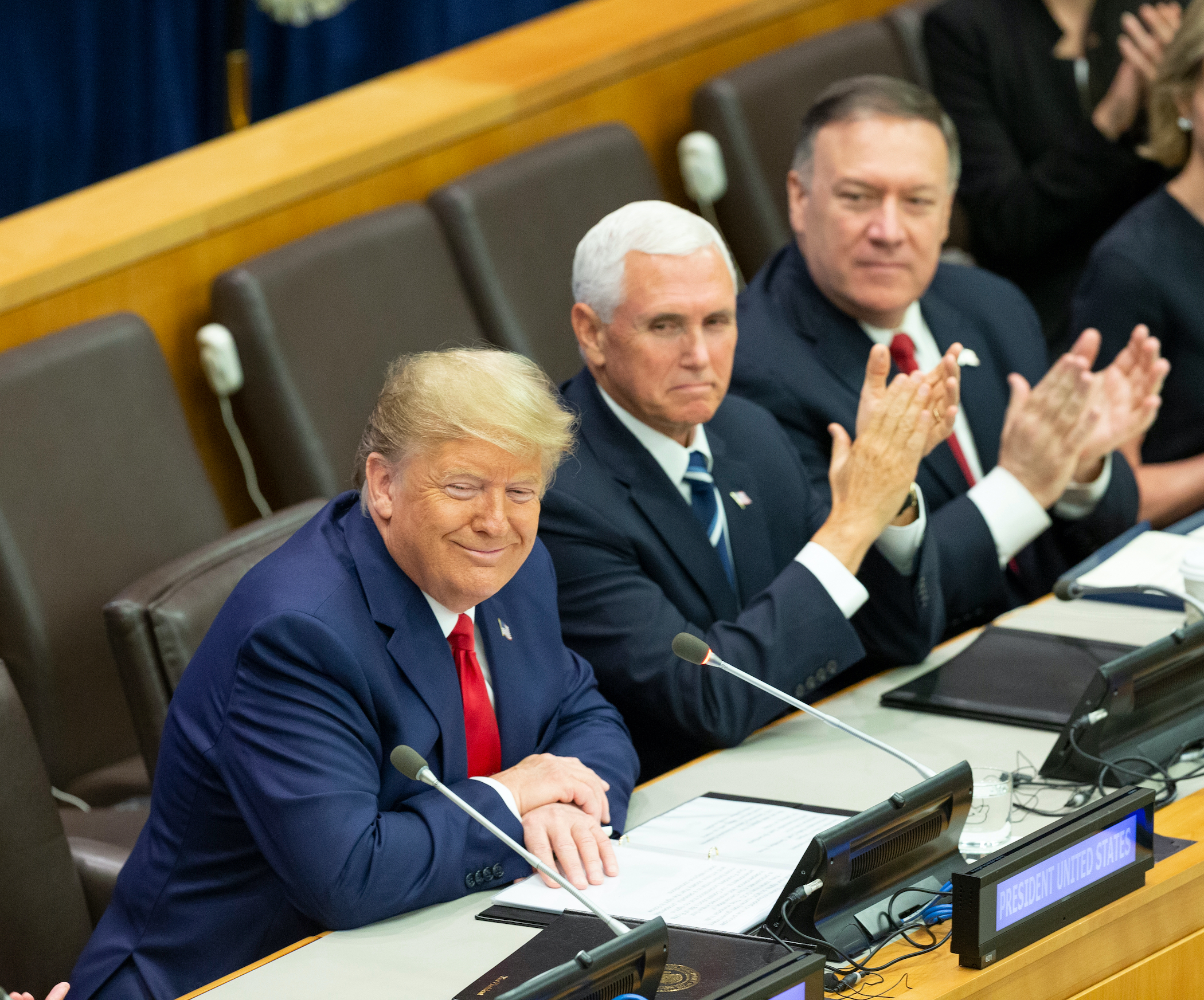Most commentators have come to recognise the China-US relationship as the most critical state-to-state relationship in global politics. That's an enormous transformation, obviously, from the Cold War era, when most were focusing on the former Soviet Union and the United States, or focusing on the Warsaw Pact and NATO.
However, we're now focused on the China-US relationship. Given the rise of the People’s Republic of China, we’re also concerned with how to manage those ties. This is important to countries because they expect that China will soon become the largest economy in the world and its political influence will also grow further as a result of that.
Others argue that it already has the largest economy. It's also beginning to rival the United States in terms of its defence budget and military capability. As such, there are several strategic actions that the United States can no longer take that it once had the freedom of manoeuvre to undertake.


